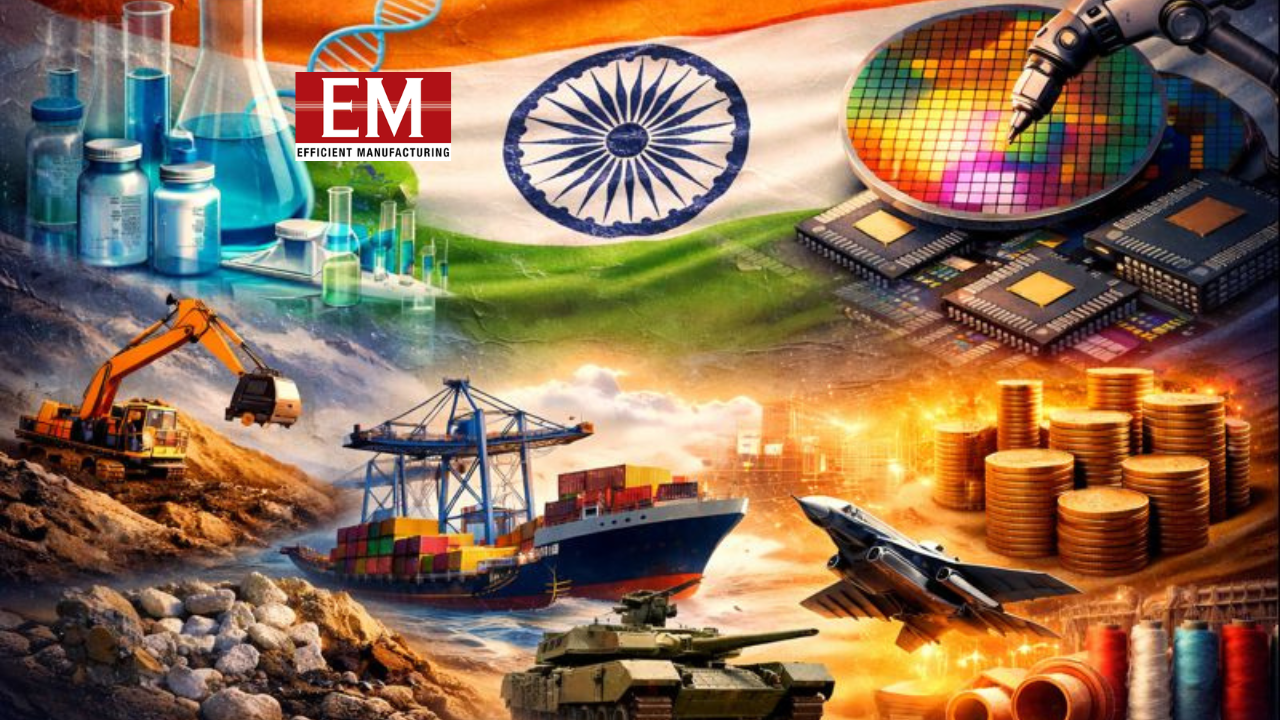| Drones, also known as unmanned aerial vehicles (UAVs), have revolutionised various industries in recent years. From military applications to commercial use, and even recreational activities, drones have become an integral part of modern technology.
Er. Koneru Lakshman Havish,
Vice President,
KL Deemed to be University
As we explore into the future of drone technologies, it is essential to understand the latest trends and innovations shaping this dynamic field, especially from an educational perspective.
Drones are aircraft without a human pilot on board. They are controlled remotely or autonomously through onboard computers. Initially developed for military purposes, drones have now expanded into various sectors, including agriculture, filmmaking, disaster management, and delivery services. Understanding the basics of drone technology is crucial for students and professionals aiming to explore this field.
Technological Advancements:
Autonomous Drones – One of the most significant advancements in drone technology is the development of autonomous drones. These drones can fly without human intervention, thanks to artificial intelligence (AI) and machine learning algorithms. They are equipped with sensors and cameras that allow them to navigate, avoid obstacles, and complete tasks independently. For students, learning about AI and its applications in drone technology opens up numerous opportunities for innovation and research.
Enhanced Battery Life – Battery life has always been a limiting factor for drones. Recent innovations, however, have led to the development of more efficient batteries, allowing drones to fly longer and cover greater distances. Understanding the principles of battery technology and energy management is essential for students interested in improving drone performance.
Improved Sensors and Imaging – Drones are now equipped with advanced sensors and high-resolution cameras, enabling them to capture detailed images and data. These sensors include thermal, infrared, and LiDAR (Light Detection and Ranging) technology. For students, knowledge of these sensors and their applications in fields like agriculture, environmental monitoring, and archaeology is invaluable.
Applications of Drone Technology:
Agriculture – Drones are transforming agriculture by providing farmers with precise data on crop health, soil conditions, and irrigation needs. This technology, known as precision agriculture, helps in optimising the use of resources and improving crop yields. Educators can introduce students to how drones are used in agriculture, highlighting the intersection of technology and environmental science.
Disaster Management – In disaster management, drones play a crucial role in search and rescue operations, damage assessment, and delivering supplies to inaccessible areas. Learning about the use of drones in disaster response can inspire students to think about innovative ways to use technology for humanitarian purposes.
Challenges and Ethical Considerations:
Regulatory Issues – The rapid growth of drone technology has outpaced the development of regulations. Students should be aware of the legal and regulatory challenges associated with drone operations, including airspace restrictions, privacy concerns, and safety protocols.
Ethical Implications – Drones raise several ethical questions, especially related to privacy and surveillance. It is essential for students to engage in discussions about the ethical implications of drone technology and consider how to balance innovation with respect for individual rights.
The Future of Drone Technology in Education:
Hands on learning and skill development – Integrating drone technology into educational curricula can provide students with hands-on learning experiences in STEM (Science, Technology, Engineering, and Mathematics) fields. Schools and universities are increasingly incorporating drone technology into their programs, offering courses in drone piloting, maintenance, and data analysis. These programs not only equip students with technical skills but also encourage critical thinking and problem-solving.
Multidisciplinary Applications – Drone technology in education allows students to explore various fields, including environmental science, agriculture, and disaster management. Through real-world applications and case studies, students learn how drones monitor ecosystems, optimise farming practices, and assist in emergency response. This multidisciplinary approach nurtures a comprehensive understanding of how technology intersects with different domains, encouraging innovation and practical problem-solving while preparing students for diverse career opportunities.
Career Preparation and Industry Partnerships – Incorporating drone technology into education prepares students for emerging job markets in the growing drone industry. Educational institutions can partner with drone companies for internships and research projects, providing valuable industry experience. Students trained in drone technology will be well-prepared for careers in this expanding field, with opportunities to create start ups and develop new applications. This focus on career preparation fosters entrepreneurial skills and practical industry knowledge.
Educational Tools and Resources – Schools and universities enhance drone education with tools like simulation software, allowing students to practise flying and programming drones virtually. Online courses and certification programs make drone education accessible to a broader audience. Participation in drone competitions and challenges motivates students to apply their knowledge and skills in competitive settings. These resources enrich the learning experience, equipping students with both technical and analytical skills necessary for future innovation in drone technology.
In conclusion, the future of drone technology is promising, with continuous advancements and expanding applications. By understanding the latest trends and innovations, students and educators can prepare for a world where drones play an integral role in various industries. As we unveil the future of drones, it is crucial to embrace this technology’s potential while addressing the challenges and ethical considerations it brings.








